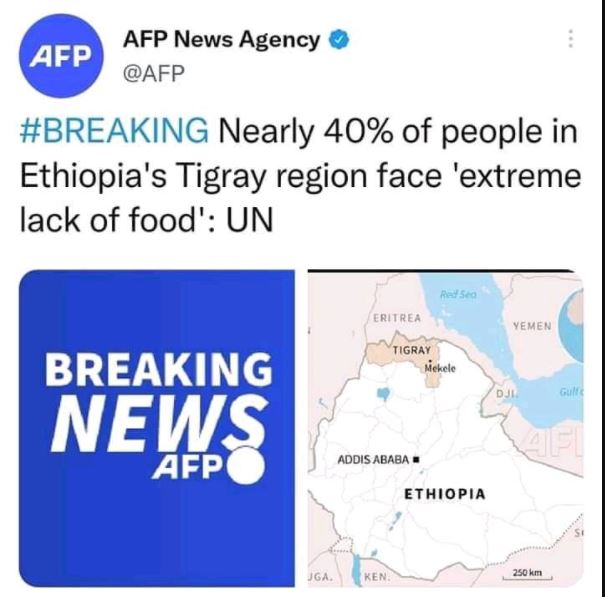
I do not believe that organized government efforts to hide the truth of punitive injury to civilians in Tigray, Myanmar, Syria, and other places in the world to which we do not now pay enough attention will continue to succeed forever. Public health research may be a vital tool to document the injustice of tyrants who deprive dissenters of basic human needs. The beloved American President, Abraham Lincoln, once said in a famous political debate in 1858 one “cannot fool the people: you may fool people for a time; you can fool a part of the people all the time; but you can’t fool all the people all the time”. The emergence of starvation and denial of health care as weapons of war must countered by collection of reliable data so that those responsible can be brought to justice and this practice abandoned as a viable threat.
Today I was very fortunate to play a small part in symposium called The Health Crisis of War: Making War a Health Agenda organized by Dr. Mulugeta Gebregziabher of The Global Center for Health at the Medical College of South Carolina. It is patently clear that public health care research multidisciplinary teams from around the world are studying the effects of conflict on the noncombatant populations immersed in war in Syria, Yemen, Myanmar, and now Ethiopia. Many tools are now available from remote types such as satellite imaging and radar scanning to physiological and biochemical analysis of victims as well as their environments which are without prejudice. No amount of government censorship, press persecution, or political bartering will stop this process from continuing to develop.

